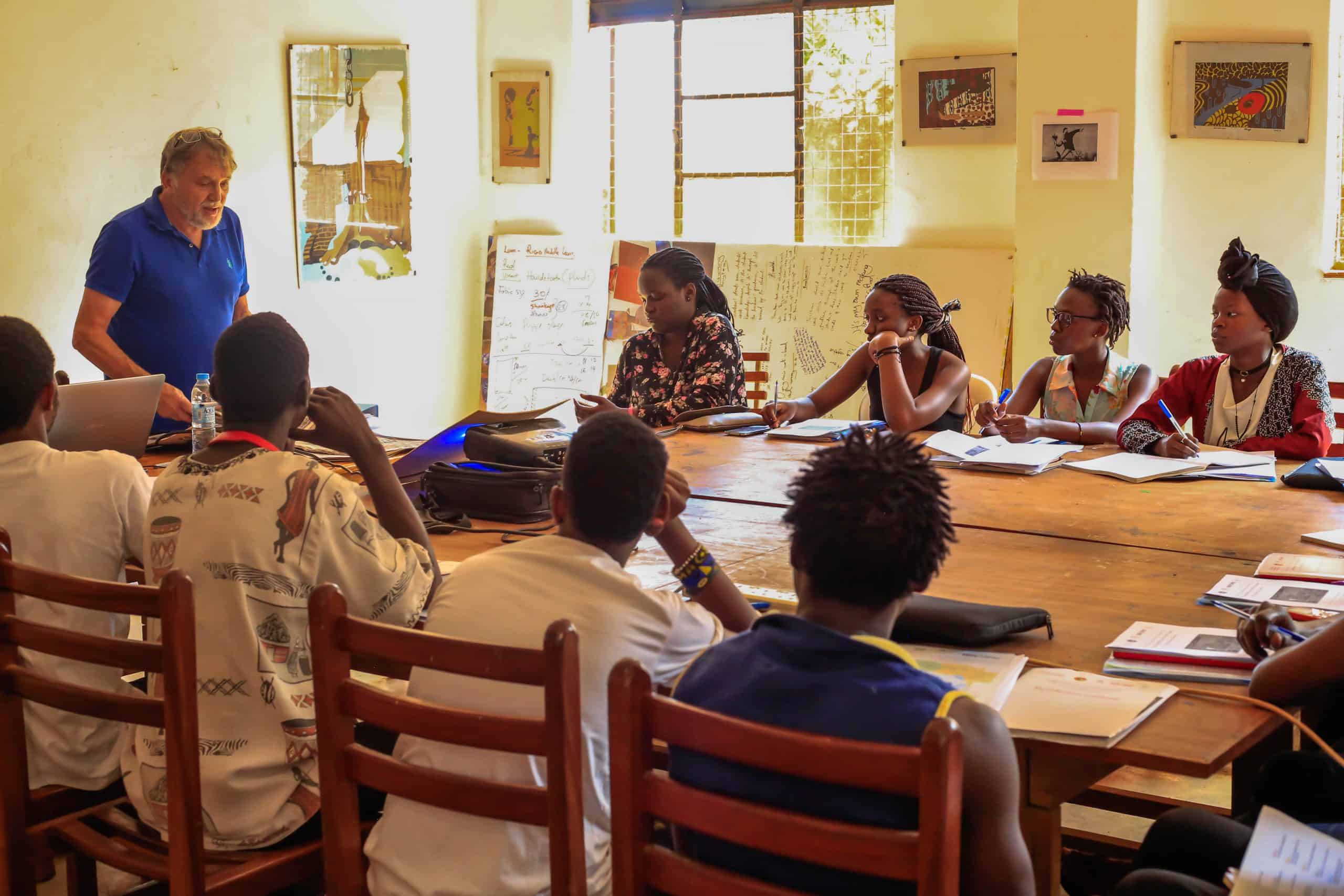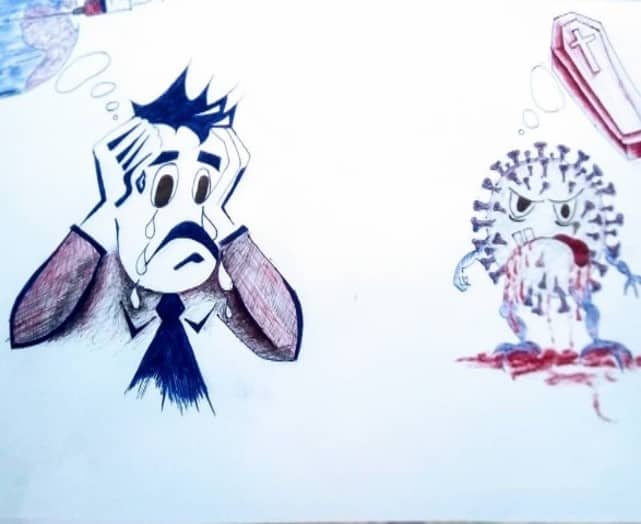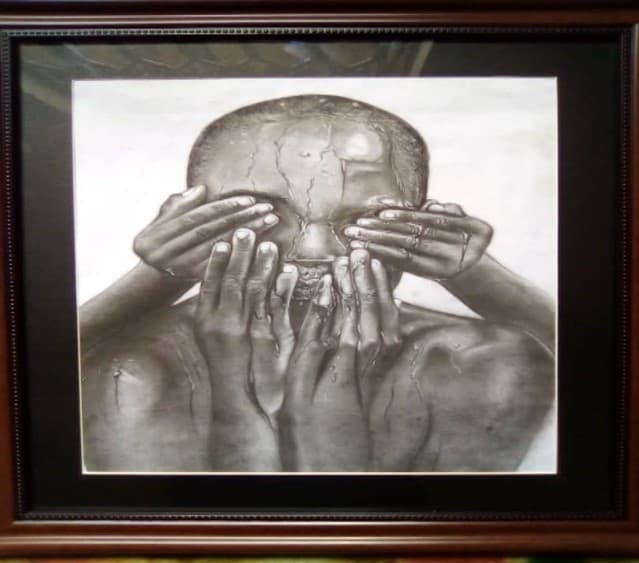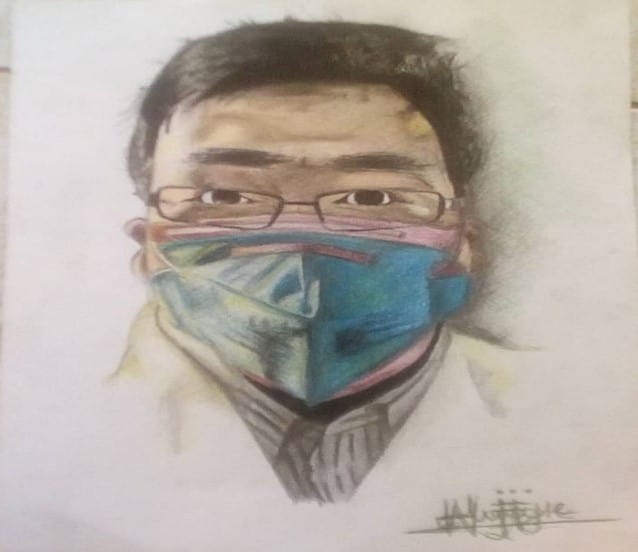Home » Inspiration International Academy
Inspiration International Academy
For arts, leadership and social change- the East Africa Campus

,Inspiration International Academy for Art, Leadership and Social Change (IIA) – The East Africa Campus is an Art and Leadership Educational Program offering talented and ambitious students a unique chance to acquire a wide range of artistic and leadership skills.
The four-year program is a joint venture of Topaz – Leading Social Innovation, Brit Olam -International Development and Volunteering, Inspiration – Arts for Humanity, and the Nagenda International Academy of Art and Design (NIAAD). It was initiated and operated by the partners between 2009 and 2014 in the form of a pilot program (named Muse Uganda), which was then evaluated extensively.
The East African Campus – is one of the cornerstones of Inspiration’s global network of academic and training centres. Each year hundreds of students from around the world will be exposed to Inspirations’ interdisciplinary educational programs in arts, social entrepreneurship and leadership in a nurturing and stimulating environment.
Based on the successes of the Muse Uganda program, it is now adapted and expanded. First, towards an honorary program, and later towards a degree program, that will enable talented and ambitious youth of all disciplines at NIAAD, independently of their background and their financial capacities, to be trained to become (artistic) leaders and to use their talents in the most creative, productive and sustainable ways.
Prior to the four-year program, a two-year pilot was launched in August 2019. The pilot program covers two years of intensive extra-curricular studies in the areas of social leadership, social entrepreneurship and modalities of community development and social change. In addition to the coursework, the second year is dedicated to fieldwork, during which the students implement their knowledge in supervised practice.
Keep in touch with us on Facebook
Our Official Website
The Inspiration International Academy (IIA) for Arts, Leadership and Social Change
The overall goal of IIA is to train a future generation of talented artists, where the brilliance of their output is fused with artistic stewardship and active social leadership.
Each year hundreds of students from around the world will earn an interdisciplinary education in arts, social entrepreneurship and leadership in a nurturing and stimulating environment.
In academic terms, the IIA programs blend the disciplines of Art with the disciplines of Social Work and Community Development.
Particular emphasis is given to the enrolment of talented young people. Students at the IIA programs will be encouraged to experience, interrogate, produce and share their deepest thoughts and feelings.
One of the central tenets of the institution is collaboration, which will occur on several different levels – within each artistic stream, between artistic disciplines, between students and international and national guest artists, and, through modern technology, with communities around the world.
IIA will be a local artistic hub, with regular performances, concerts, exhibitions and workshops which showcase the creative aspirations of its students and the power of the collaboration on every level.
The Academic programs will be a physical and virtual meeting place, an international network of artists and creators, intellectuals and practitioners in all fields, who believe in the power of art for inducing sustainable social and communal development. IIA will motivate all those who think that art can improve communities and promote camaraderie, dialogue and peace between nations, to create a better world.
Student's Work














More information
IIA Uganda center envisions being an institution where students, mainly from East African communities from diverse backgrounds, develop into professional artists and entrepreneurs. It will be a creative, innovative hub for empowerment strategies through the arts that cross-cultural and religious bridges.
The overall mission of IIA Uganda is to provide students who are willing to walk ‘the extra mile’ with an education which emphasis on the arts, leadership and entrepreneurship for them to become outstanding artists, social leaders and activists. Classes are taught through an interdisciplinary, postcolonial and indigenized approach to stimulate locally rooted, alternative and innovative ways of thinking. Besides, the students intern in the surrounding communities and practically apply what they have learned in class through activities.
Both, vision and mission of IIA Uganda are in line with the 2006 Uganda National Culture Policy, which provides the “framework for the promotion of culture for development” (p.17) in the following, core principles it has identified: Promoting unity in diversity; respecting one’s and others’ culture; ensuring social inclusion; promoting cultural change; promoting environmental protection and strengthening partnerships
“Realistically speaking, there will never be enough funding, and there will always be newly emerging needs, however much money you manage to raise”, said Snoeks, program specialist in peacebuilding at the United Nations Volunteers program[1]. Therefore, it is crucial for people from low-income backgrounds and marginalized populations to be given the tools to empower themselves, become (financially) independent and stand on their own feet. Besides, in many cases, aid-money has not led towards the improvement of the livelihoods of many communities in developing countries. Even worse, in many cases, communities and entire regions have become aid-money-dependent. This way, a status-quo of cultural hegemony of the West is maintained that hinders real and sustainable, locally grounded development from occurring. Students of IIA are trained to overcome this dependency on foreign money and have the capabilities to shape the future of their communities.
The current situation in Uganda needs initiatives such as IIA Uganda. Too often, the capacities and talents of the local population are overlooked, making them passive recipients of aid. IIA understands the need for a change in the discourse and responds to the need to empower marginalized individuals and their communities. Especially local communities can significantly benefit from the presented measures that support the cultural identities and increase their leadership capabilities towards sustainable development
[1] Halais, F. (2016). Across Borders and origins: Can we get smarter at preventing people from fleeing? https://www.devex.com/news/acrossborders-and-origins-can-we-get-smarter-at-preventing-people-from-fleeing-87787
The overall goal of IIA Uganda is to train, teach and educate students to become both talented artists, committed social activists and motivated individuals.
The program support and empower it’s students to develop their ideas and goals and to achieve those to their benefit and the benefit of their communities. It does so by achieving its goals during two stages of and after completion of the program. Listed below are the goals of the pilot stage.
Goals of the 1st phase:
- To recruit, teach, train and empower each year a team of 16-24 Students, which will study an interdisciplinary program in Arts, Leadership and Social change, in addition to their core curriculum at NIAAD.
- To develop an interdisciplinary curriculum which incorporates lecturers, educators, social and art entrepreneurs and experts both from Uganda and abroad.
- To develop, inspire and advance the artistic and entrepreneurship capacities of young individuals of various cultural and religious backgrounds above the age of 18 currently residing in Uganda.
- To develop and operate a marketing department that raises funds and creates awareness of the work at the centre both on national and international levels.
- To continuously evaluate and improve the program according to the needs and desires of the students and the communities served
Goals of the 2nd phase:
- To develop and operate a wide range of community-based (art) activities in co-operation with the communities and/or refugee re-settlements.
- To develop an archive with practice-based activities, their indicators, successes and challenges
- To document the development of every individual, their achievements and challenges through case studies that provide a solid base for improvements and research while ensuring the financial stability of the project
Until the constructions of the new NIAAD campus have been completed in Masaka, Western Uganda, IIA Uganda is hosted at the old NIAAD campus in Namulanda, approximately 20 km outside of Kampala. The campus is embedded in a beautiful green environment and located at the shores of Lake Victoria. The current campus in Namulanda, consists of several art studios, specially designed for the students’ and their artistic needs. The facilities include several studios for visual arts, a room for textile design, a computer lab, a photo lab, a library, an administrative tract, and two exhibition halls, as well as a flourishing garden. The students’ living quarters are located across the road at a three-minute walking distance.
Once the new NIAAD campus has been completed, all students will have their living quarters on the ground of the college. The new site of NIAAD, which will consist of 20 separate buildings, is located just outside of the striving city of Masaka. In addition to their curricular activities, the students will be able to maintain some agricultural plots and have the opportunity to visit the nearby city in their spare time.
The students who are eligible to apply for the honours program are enrolled at NIAAD. As the program continues to evolve, this may be due to alterations and could be adapted according to changing needs and circumstances. All students need to be above the age of 18 when enrolling to the program. Exceptions may apply.
Prospective students need to show/proof an interest in the arts, have completed secondary education, be motivated, ambitious and responsible. These character traits are identified through questionnaires conducted by the social worker who is responsible for the selection. Students with physical disabilities and equal qualification are encouraged to participate; however, they need to be able to care for themselves.
After potential students have been identified and responded positively to the program through the submission of an application to the honours’ program, their artistic skills will be determined by a staff member of NIAAD. The social worker assesses their cognitive and social skills and a final decision is taken.
The strength of the Academy will rely on the excellence of the teaching staff, who will be more than inspiring educators; they will each have an ongoing sustainable career in their field, which will be an example for students to follow.
- NIAAD Faculty
- Program director and team manager (Leadership trainer and students’ mentor)
- International and National Experts (Lecturers)
- Community Development Lecturer (Local)
- International Director (Anna-Lisa Klages)
- International Board
- Chairpersons (Dr. Kizito Maria Kasule, Dr Mike Naftali)
Copyright © 2022 Brit Olam